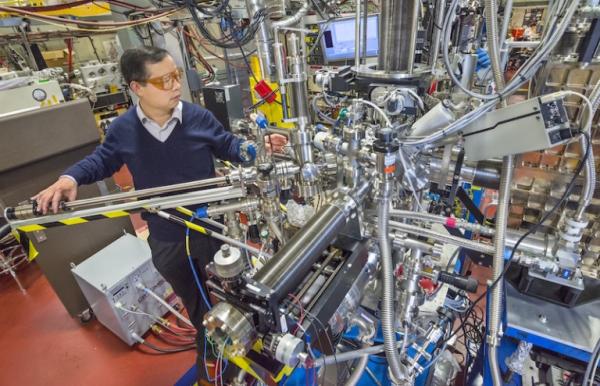Lithium-sulfur batteries are suitable for both vehicle and grid applications as they are ultra-cheap, high-energy devices. Sulfur is a very low-cost material and the energy capacity is much higher than that of lithium-ion. So, lithium-sulfur is one chemistry that can possibly meet the demand for energy storage at a cheap price. However, the serious problem is, lithium-sulfur batteries suffer from significant capacity fading that makes them almost practically unusable. But, Lawrence Berkeley National Laboratory researchers’ recent surprising discovery could fix this problem.
The research team at Berkley Laboratory surprisingly found that carrageenan, a substance extracted from red seaweeds, acts as a good stabilizer in lithium-sulfur batteries. Better stability in a battery means more charge-discharge cycle and an extended lifetime. Gao Liu, the leader of the research team, said,
It (Carrageenan) actually worked just as well as the synthetic polymer—it worked as a glue and it immobilized the polysulfide, making a really stable electrode.
The research team at Berkley Laboratory surprisingly found that carrageenan, a substance extracted from red seaweeds, acts as a good stabilizer in lithium-sulfur batteries. Better stability in a battery means more charge-discharge cycle and an extended lifetime. Gao Liu, the leader of the research team, said,
It (Carrageenan) actually worked just as well as the synthetic polymer—it worked as a glue and it immobilized the polysulfide, making a really stable electrode.
With this discovery to stabilize lithium-sulfur batteries Liu now wants to improve the lifetime of lithium-sulfur batteries even further. The target of the researchers is to get thousands of cycles from lithium-sulfur chemistry. They are striving to find answers to questions like after this polymer binds with sulfur, what happens next? How does it react with sulfur, and is it reversible?
Read More: CARRAGEENAN, A SEAWEED DERIVATIVE, CAN STABILIZE LITHIUM-SULFUR BATTERIES SURPRISINGLY

